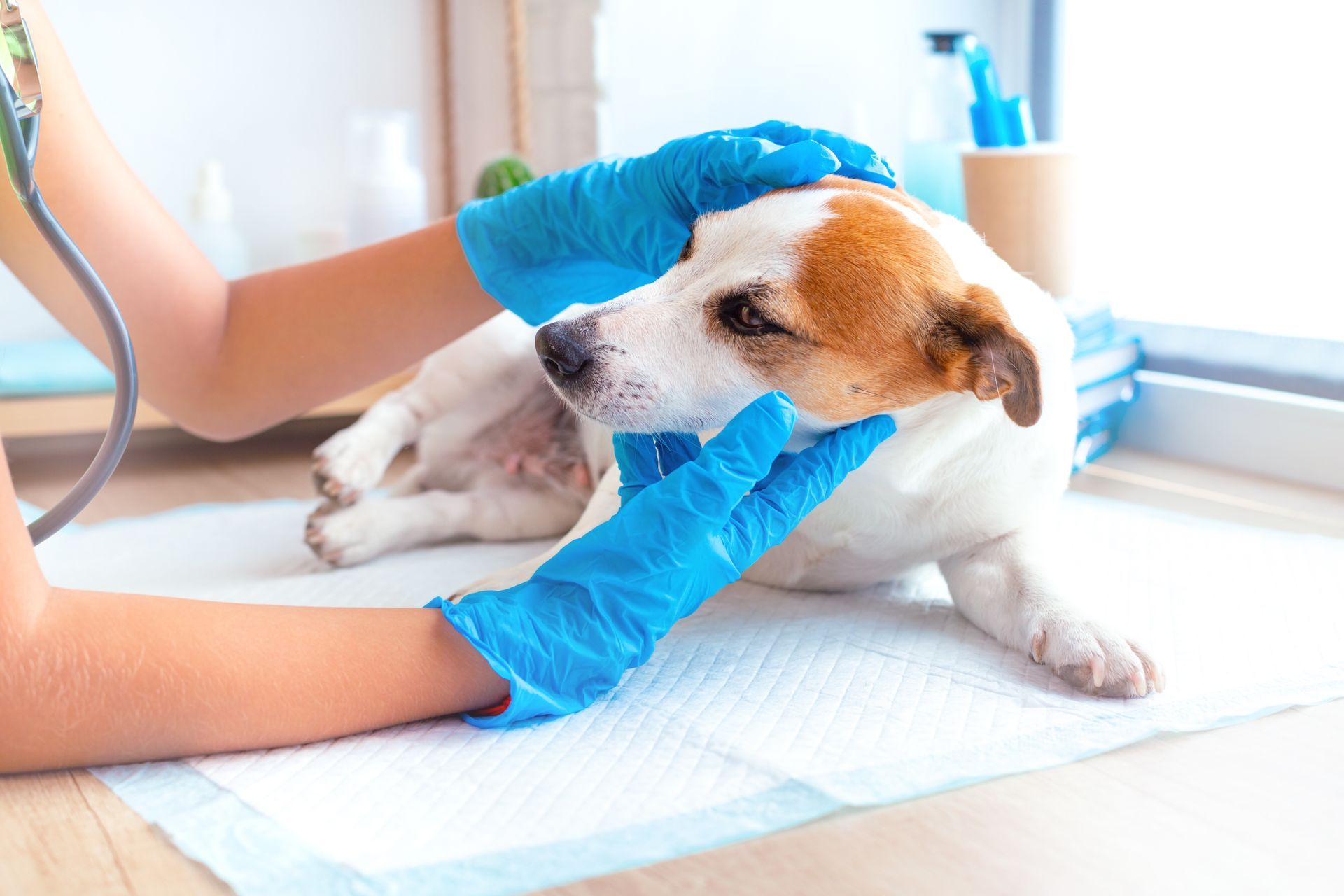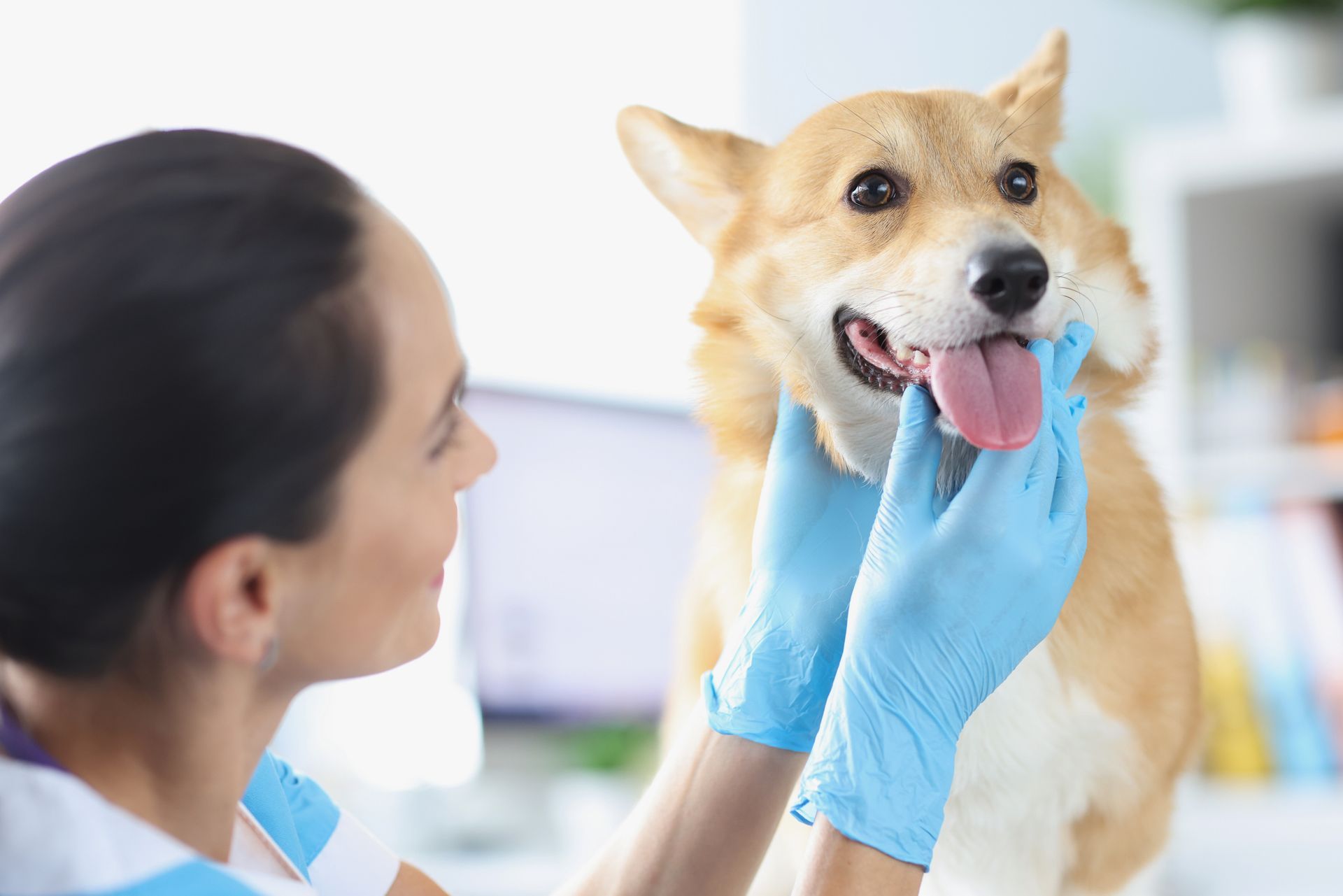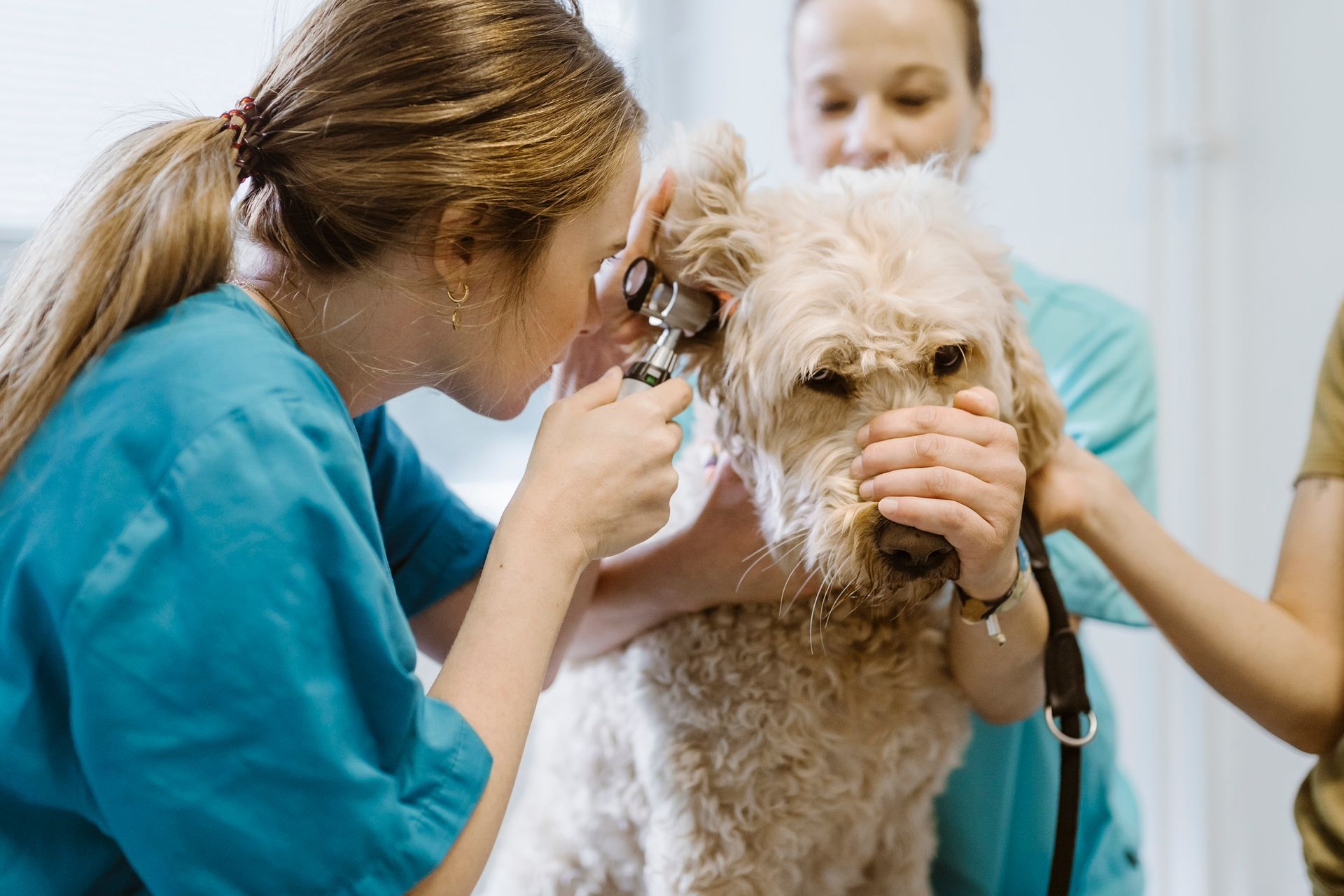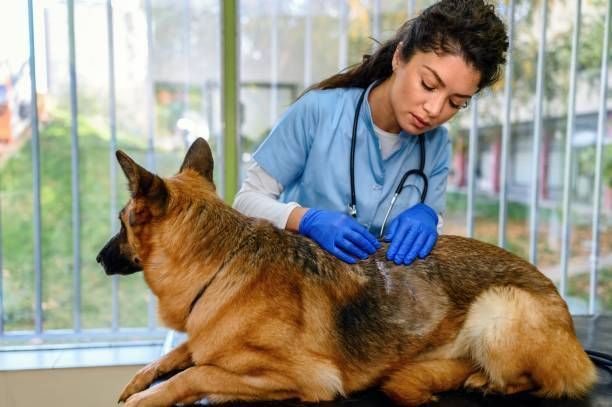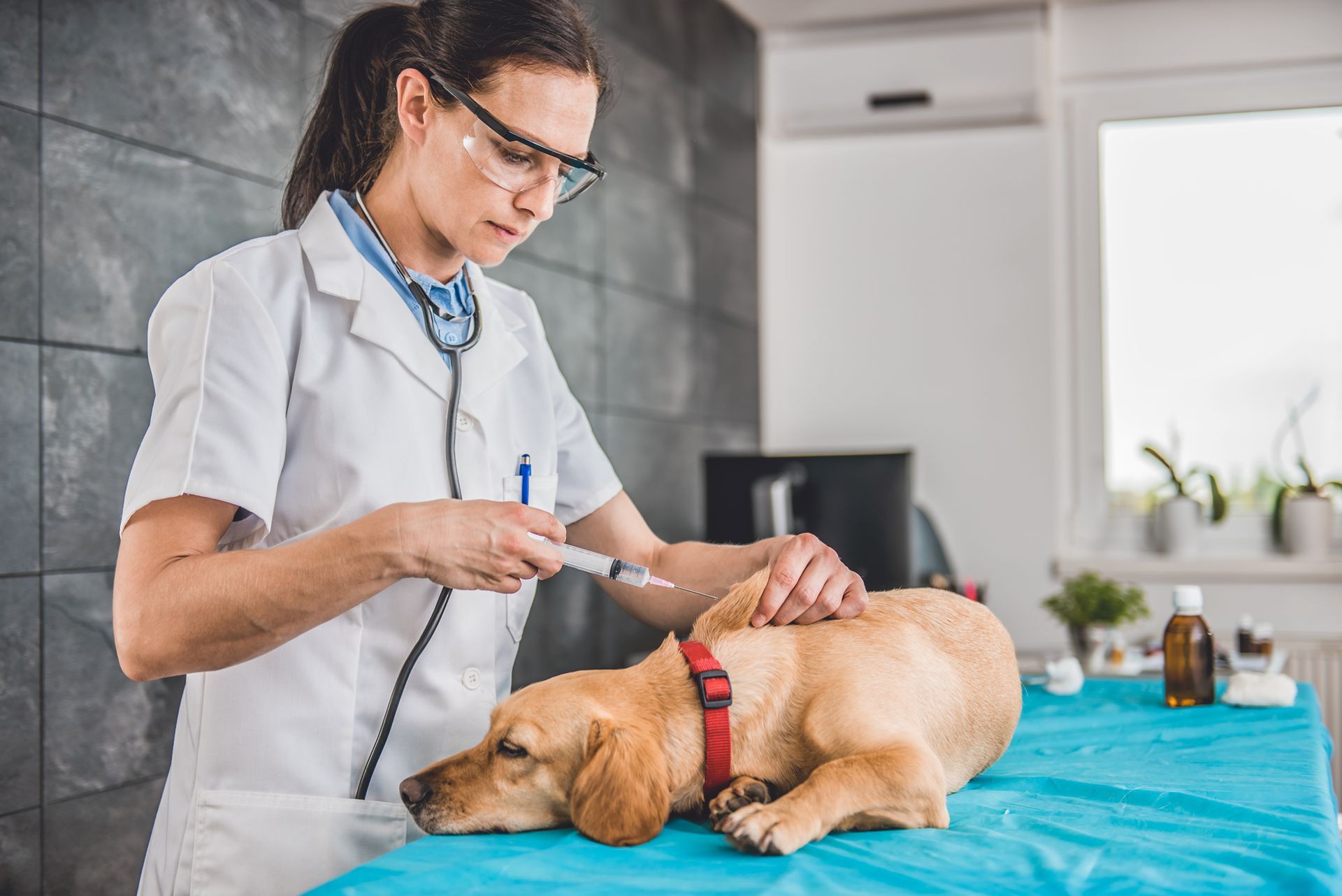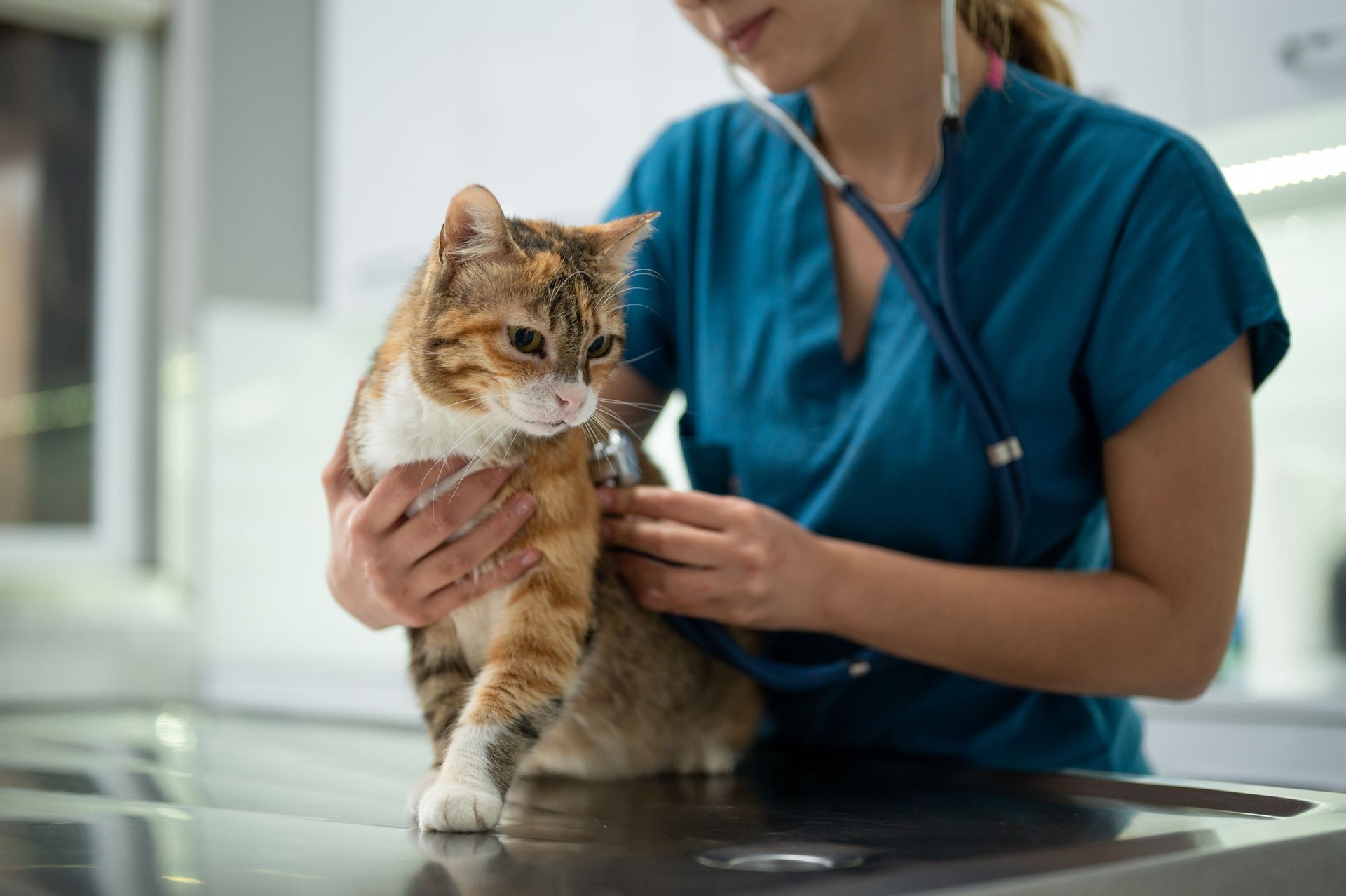Dog and Cat Liver Problems: FAQs
Admin • June 2, 2021

Your dog or cat may seem like a pretty durable member of the household, but they can suffer from many of the same health complaints as any human in your family, including liver problems. When trouble strikes this critical organ, you need to make sure that your pet receives the right care sooner rather than later.
You can protect your dog or cat's liver health and arrange for necessary treatment once you know how to spot potential signs of liver issues and what kinds of care may help your pet thrive again. Start with these answers to some frequently asked questions about dog and cat liver problems and solutions.
Why Do Dogs and Cats Experience Liver Problems?
Dogs and cats can develop many of the same kinds of liver problems, and for the same reasons. Ingestion of certain drugs, medications, household toxins, or even certain kinds of molds spores can cause acute liver injury. A traumatic accident can also damage the liver, reducing its ability to perform digestive and metabolic tasks.
Chronic liver disorders can also affect both dogs and cats. On common problem, fatty liver, may develop when a dog or cat consumes an excessively high-fat diet. Oddly enough, it can also happen when a pet stops eating altogether (triggering are lease of stored fat throughout the body, with the fat accumulating in the liver).
Chronic hepatitis, or liver inflammation, often occurs in dogs as the result of a viral infection. This condition can lead to scarring of the liver and permanent liver damage in the form of fibrosis or cirrhosis. (These advanced stages occur much less frequently in cats.) Cats and dogs may also develop liver tumors or cysts.
Liver disease in dogs and cats may occur alongside (or as a side effect of) other underlying health conditions. Diabetes, bile duct problems, gallbladder disease, and pancreatitis can also affect liver function.
How Can You Recognize Potential Liver Trouble in Your Dog or Cat?
Dogs and cats both show similar symptoms when they struggle with liver problems. Common symptoms include increased thirst, loss of interest in food, weight loss, vomiting, diarrhea, and weakness or lethargy. Urine or feces may contain blood. Cats may go into hiding for no obvious reason.
Jaundice often affects cats and dogs who have developed severe liver trouble. Look for yellowing of the skin, eyes, gums, or tongue. Since the liver plays an important role in blood clotting, animals affected by liver disease may develop nosebleeds or bruising.
Why Do Dog and Cat Liver Problems Require Prompt Veterinary Attention?
Liver problems can lead to serious or even fatal complications without prompt diagnosis and treatment from a skilled veterinarian. One such complication involves a brain disorder called hepatic encephalopathy, in which the brain stores increasing amounts of toxins. This condition can cause everything from depression to seizures.
How Do Veterinarians Diagnose and Treat Liver Problems?
Veterinarians can diagnose liver problems in cats and dogs through a combination of techniques. A simple exterior inspection of symptoms such as jaundice can alert the veterinarian to such issues. Ultrasound or x-ray imaging techniques can reveal changes in liver structure. Laboratory tests can detect signs of poor liver function.
Treatment for your dog or cat's liver trouble will depend on the underlying cause. Pets suffering from fatty liver disease may need a combination of a low-fat diet and an exercise program to help them shed excess fat safely. Your vet may also prescribe medications or recommend supplements such as milk thistle.
A pet suffering from an infectious liver disease may require antibiotics to curb the infection. Pets who suffer from liver cysts or tumors may need surgery to remove these abnormal growths.
Baywood Animal Hospital has the answers pet owners need, not only for liver problems but for a variety of health and wellness challenges. Contact
our veterinary clinic today to present us with your questions and schedule an evaluation for your furry friend.

